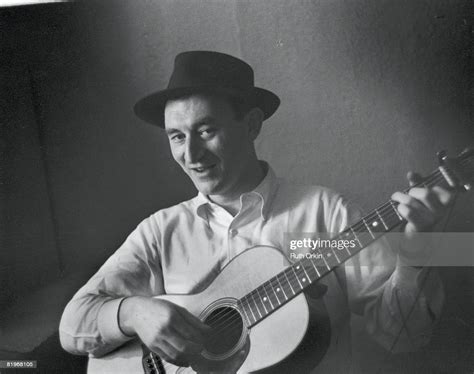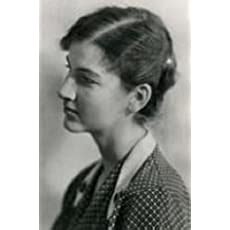A Quote by Liu Xiaobo
The major wars that the U.S. became involved in are all ethically defensible.
Related Quotes
If you have a lawyer, sometimes you can get out of trouble. I've gotten into a lot of trouble because I didn't have a lawyer. I've also had some bad lawyers, too. But the good ones, the ones I liked, they became me. They became whatever situation I was involved in. When I felt pain, so did they. When I succeeded, so did they. They became me. They became whatever the situation was that they became involved with.
While the emphasis on effects became a catastrophe for science fiction, it was a relief for the capitalist culture of which 'Star Wars' became a symbol. Late capitalism can't produce many new ideas any more, but it can reliably deliver technological upgrades. But 'Star Wars' didn't really belong to the science fiction genre any way.
Major international interventions are doomed unless the US is directly or indirectly involved. But if American politicians, officials and servicemen are to be put at risk of arrest and prosecution, the United States will be most reluctant to act in order to curb aggression or prevent genocide. So the effect of the court may well be to diminish, not increase, the numbers of (in the words of the UN Secretary General) 'innocents of distant wars and conflicts'.
When I was 15 years old in the tenth grade, I heard Martin Luther King, Jr. Three years later, when I was 18, I met Dr. King and we became friends. Two years after that I became very involved in the civil rights movement. I was in college at the time. As I got more and more involved, I saw politics as a means of bringing about change
When I was 15 years old and in the tenth grade, I heard of Martin Luther King, Jr. Three years later, when I was 18, I met Dr. King and we became friends. Two years after that I became very involved in the civil rights movement. I was in college at that time. As I got more and more involved, I saw politics as a means of bringing about change.



































